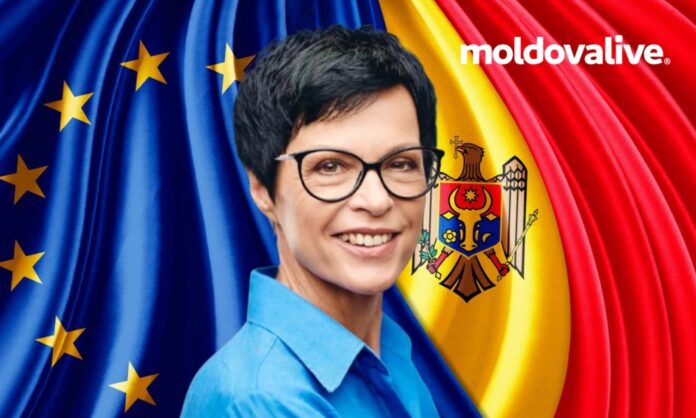The Republic of Moldova is advancing significantly on its path to European Union membership, according to officials in Brussels. During the ninth meeting of the EU–Republic of Moldova Association Council, held on June 4, both sides reaffirmed their commitment to deepening cooperation, with a particular focus on resilience, reform, and the protection of upcoming parliamentary elections from foreign interference.
At a press conference following the meeting, EU High Representative Kaja Kallas warned that Moldova’s 2024 parliamentary elections are likely to be targeted by Russian hybrid operations, including illicit financing aimed at manipulating voters. She emphasized that Moldovans must be allowed to choose their future free from external influence, and noted that the EU has expanded its Partnership Mission to strengthen Moldova’s resilience.
“There is already a team of EU experts on the ground to support Moldova in combating illicit electoral funding,” Kallas stated. “A separate group has also been deployed to address foreign interference. Moldova can count on our full support to protect the integrity of its elections.”
FOR THE MOST IMPORTANT NEWS, FOLLOW US ON TWITTER!
Kallas also praised Moldova’s progress in key reform areas such as justice, anti-corruption, and democratic governance, and highlighted upcoming efforts to enhance infrastructure, mobile connectivity, and integration into the EU payment system. She confirmed that the first EU-Moldova Summit will take place next month, pushing forward cooperation across several sectors.
Prime Minister Dorin Recean underlined that Moldova’s accession to the EU is already in progress and represents the country’s “new normal.” He stated that the government’s objective is to open all negotiating chapters by the end of 2025, supported by the recently approved National Accession Program. This medium-term plan includes reforms across ministries, public agencies, local administrations, and civil society.
Recean noted that the 2024 elections and the constitutional referendum have confirmed the strong commitment of Moldovan citizens to European values, freedom, and peace. He stressed that the government remains focused on strengthening the rule of law, fighting corruption, reducing oligarchic influence, and countering disinformation, which he called a national security threat.
“We are not reforming for Brussels—we are reforming for every Moldovan citizen,” said Recean.
European Commissioner Marta Kos echoed these remarks, praising Moldova’s rapid progress and confirming that the European Council is ready to open the first negotiation cluster, with the aim of launching all clusters by the end of the year. She emphasized that the EU will stand by Moldova in safeguarding cyberspace, ensuring fair elections, and countering Russian propaganda. The EU also pledged continued support for independent media and journalists.
The Association Council meeting served to evaluate Moldova’s commitments and achievements in the EU accession process and to outline the next steps for implementation of critical reforms.


